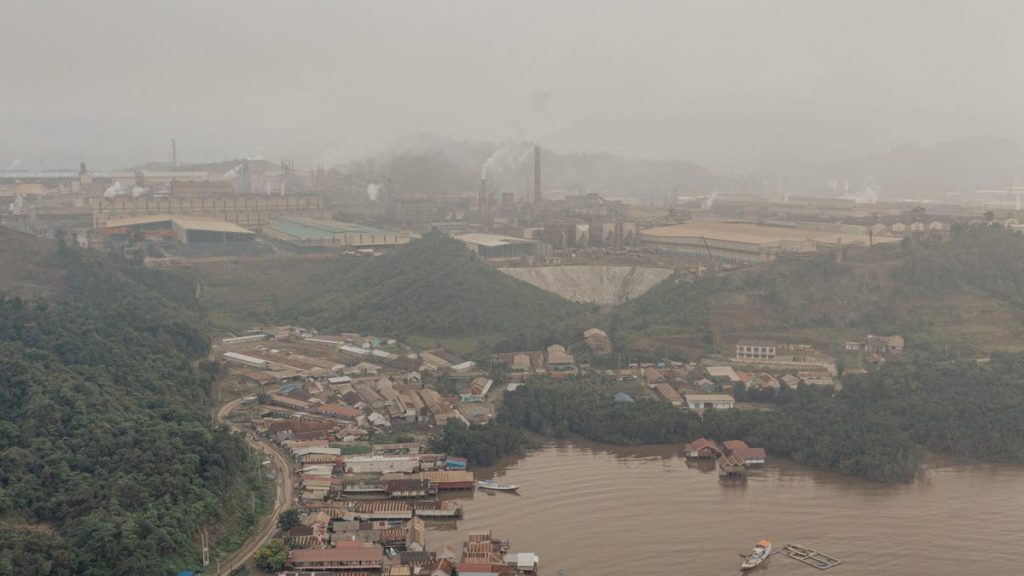China's Booming EV Industry Is Changing Indonesia for the Worse

A Chinese-backed nickel refinery has taken over a chunk of a major island in Indonesia, and is wreaking havoc on its ecosystem. In less than a single decade, the Indonesia Morowali Industrial Park (IMIP) has released enough pollution that people in the neighboring village of Kurisa can no longer fish, nor rely on rivers as safe water sources. This situation in Indonesia is the latest example of how the EV transition is not as eco-friendly as the industry makes it out to be.
And in many places, including China and surrounding areas, the EV transition is woefully reliant on fossil fuels — not just for charging electric vehicles, but for their production, too. The tech site Rest of World has published a thorough report that lays out the cost of the EV transition for people who live in places like Sulawesi, where battery metals and other raw materials are both abundant and painfully dependent on coal.
Photo: Hariandi Hafid (Getty Images)
The islands that make up the Indonesian archipelago sit on top of the world’s largest nickel reservers, according to RoW, tied only with Australia. These reserves have drawn the attention of Indonesia’s northern neighbor, China, which has invested billions of dollars to buy access to all the nickel Indonesia can extract and refine; raw nickel ore is domestically processed into nickel matte, which is a key ingredient used in EV batteries.
China and Indonesia partnered up in 2013 to get the IMIP complex up and running, powered largely by coal-burning plants. But the joint venture has yielded more gain for China than for Indonesia itself: China controls 61 percent of the island nation’s total nickel production, while Indonesia’s state-owned corporations own just five percent. And as if that weren’t enough, these Chinese-backed joint ventures have little regard for the effect these nickel smelting sites have on the environment. Out of sight, out of mind, I guess.
G/O Media may get a commission
Rather than bring prosperity and development — the refrain corporations and governments often present to those in the third world when proposing new mines and refineries — the production of lithium, nickel and cobalt is displacing people via pollution and corporate/state corruption.
It’s a dirty road to clean energy, indeed, and I encourage you to read the full account because it details how the roughly 5,000 acre IMIP industrial complex has turned the clear water of the Banda Sea into mud. Fisherman from Kurisa Village say the exhaust from coal plants that power the IMIP nickel smelting facilities have made water temperatures rise, and driven away the fish that used to be their livelihood. As the pollution drives away the fish, villagers are told to work in the nickel-processing factories, but many have become ill from the air pollution: from inhaling sulfur dioxide, nitrogen oxides, and coal ash.
And it’s happening in other parts of the country also, as China and Western EV makers like Tesla invest more money in Saluwesi or the Maluku Islands for a steady supply of Indonesian nickel. For nickel that’ll help the world reduce its carbon emissions, but will still destroy a small part of it without so much as a tangible reward for most — if not all — of the people that once lived there.
Photo: Hariandi Hafid (Getty Images)



